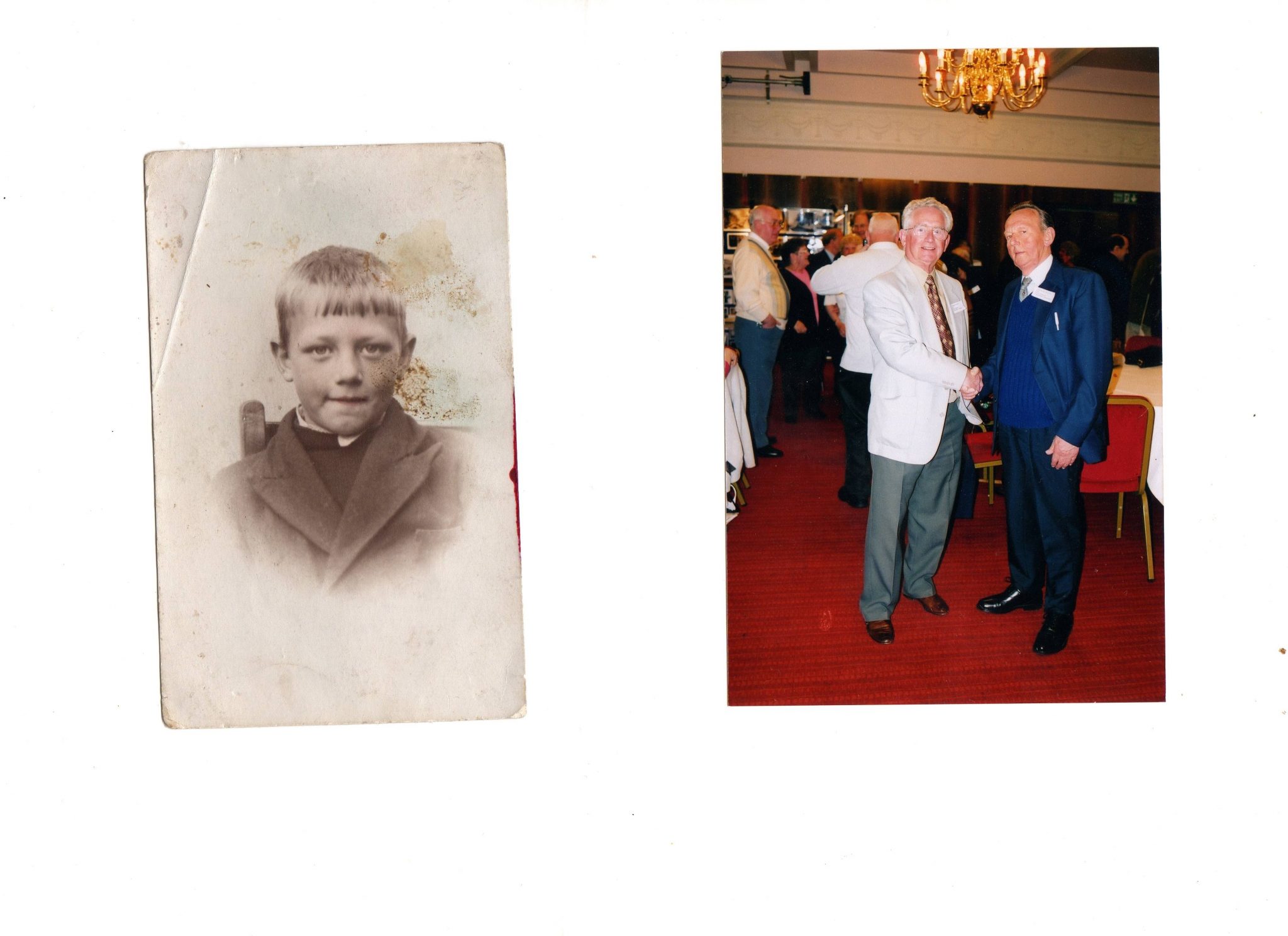How long does it take for a story to appear in a newspaper or magazine?

When selling a story to a newspaper or magazine, the vast majority of people assume it will instantly appear.
Some people ringing for advice even imagine if they have a quick chat on the phone about their story that it is likely to appear on the front pages of every national newspaper the next day.
Certainly they think stories are in some sort of queue to be published and they will be given a date and that is the date when it will go in.
If only selling a story and getting publicity were that easy! The truth is asking a crystal ball when a story might be printed can be as accurate as asking some newspaper editors. Ie: they often do not know until the night before.
In fact apart from breaking news stories which these days, thanks to the internet, can be appearing on websites within minutes of them happening, around half have been written days ago – or even months before they appear.
Features sold to newspapers often take weeks before they are actually printed and women’s magazines commonly take around three months to get a story into print. And incredibly it can take much longer.
And it isn’t necessarily a reflection on how much an editor likes or doesn’t like your story. Stories are held out for a variety of reasons – space being needed for a breaking news story is one reason, your story clashing with another in the publication (no newspaper wants all baby stories or all divorce stories in one edition) is another.
Sometimes an editor will decide there are too many ‘heavy’ features in a paper and cut one out or at the last minute the number of pages will be cut (often due to how many adverts are appearing) and so there just won’t be enough space.
I once wrote a feature for a national newspaper, which did not make. Thinking the piece had probably been spiked and after months of waiting it was not going to be used, I placed the story in not one, but two magazines. They duly appeared – the first magazine took around two months to get it in and the second one slightly longer.
The interviewee was paid and we both got on with our lives. Then around two months after the story had been in the second magazine, one Thursday evening around 7pm, I suddenly received a phone call from the original newspaper.
‘Your story is going in tomorrow!’ said the features editor on the phone, ‘just checking nothing has changed with the piece…’
For all I knew the interviewee’s circumstances had drastically changed – and her story was literally going into this big national newspaper. Luckily I managed to get hold of her – she was fine about it – and the story went ahead the next day over two massive double pages. I doubt any reader imagined it was over a year since I wrote it.
But that is a good example of how long some stories – even ones which make big shows – can take to be printed.
Conversely newspaper websites – which don’t have the same worries as their printed versions about physical space – can get a story online within minutes of it being filed. And if your story is topical and ties up with a current breaking story, then it is likely to appear sooner rather than later.
Can anything be done to speed up the process? As payments are always on publication, this is a question many people selling a story ask. It’s not uncommon for me to receive an email which says ‘any news.’ People selling a story often explain they need the money by a certain time for a holiday or even to help with their rent. But sorry to say, the answer in a word is no. National newspapers and magazines can’t be dictated to – and jumping up and down saying you need the money now won’t make any difference (except to annoy) – so people just have to wait.
This is all the more reason to use an agent – who can keep you informed of what’s going on and what the usual wait is for stories to get into the publication your article is with – because interviewees selling a story directly to a publication will often have no idea.



